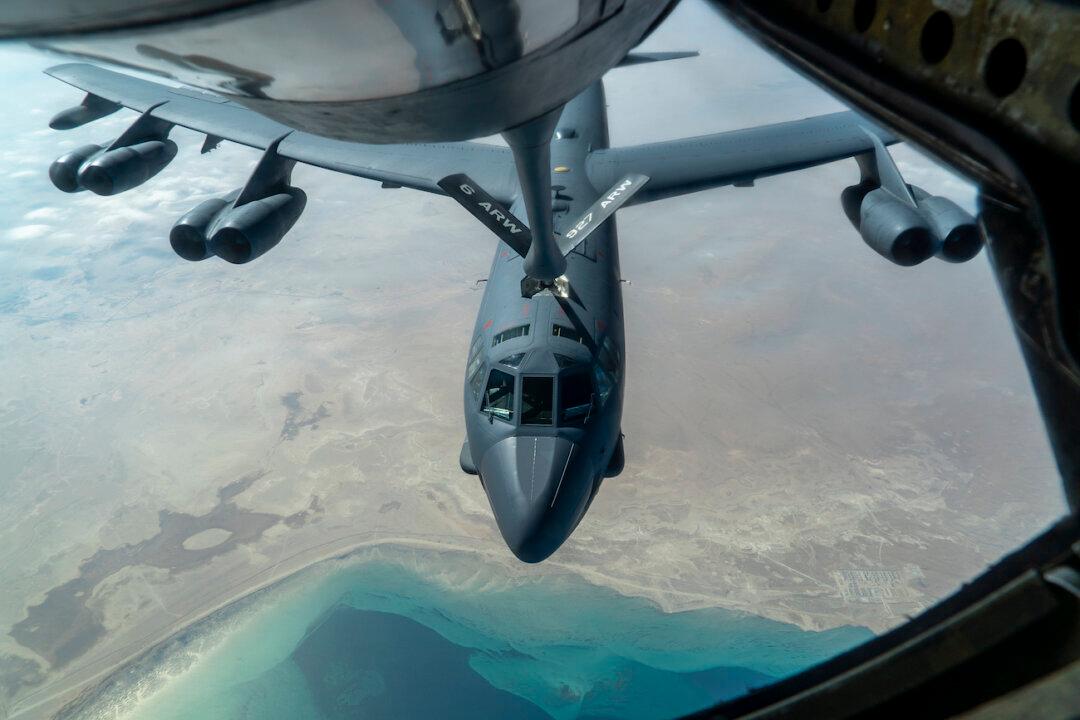Lockheed Martin and Airbus announced on Jan. 31 that it will join forces to build midair refueling tankers for the U.S. Air Force in Alabama and Georgia if their aircraft design is chosen over the one proposed by rival Boeing.
A win for the two aerospace partners may potentially create at total 1,300 new jobs split between both states, said Larry Gallogly, Lockheed’s project head at a press conference.Aircraft executives and local politicians announced the decision during ceremonies at facilities in Mobile, Alabama, which has 15,000 employees and in Marietta, Georgia, where Airbus currently builds commercial jetliners with 5,000 employees.





